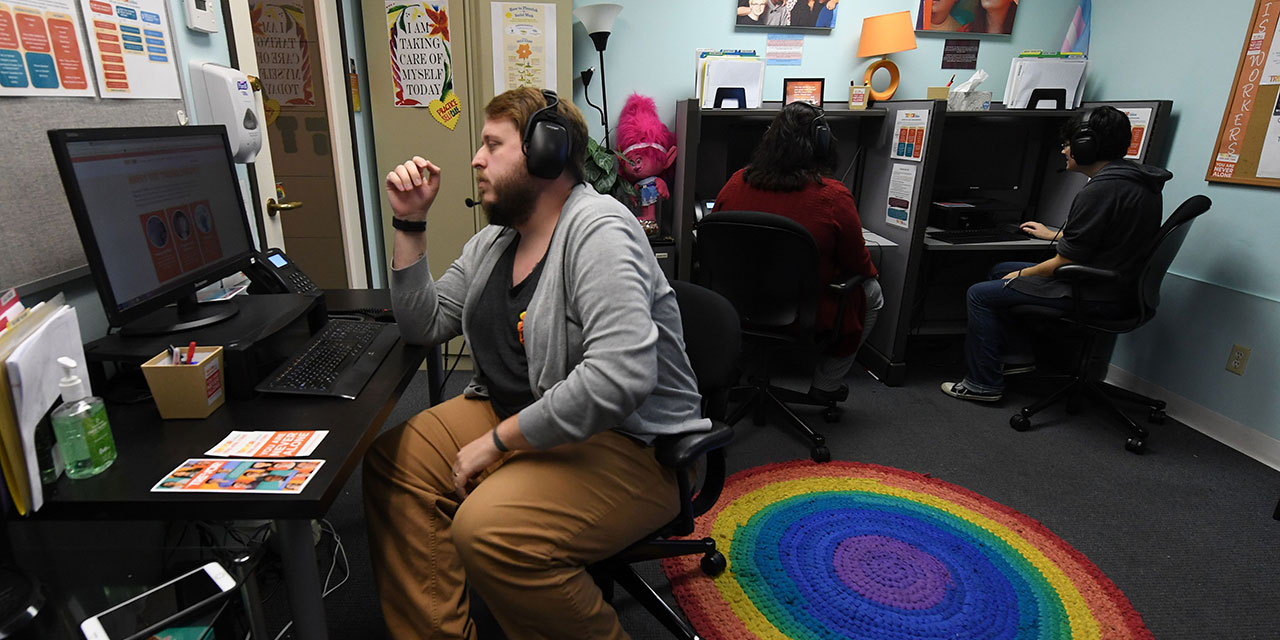What does it mean when parents are reported for suspected abuse or neglect of a child? Not much, according to some activists, who believe that the vast majority of reports are frivolous, the product of “over-surveillance,” or simply a sign of poverty. But a new study published in the journal Pediatrics casts some doubt on these assumptions.
Researchers linked birth and death records for all kids born in California between 2010 and 2016 (almost 3.5 million children) to administrative child-protection system records, prospectively following infants “from birth through death or age 1 year.” The results were startling. “The authors found that infants with one report of maltreatment were 77 percent more likely to die of a medical cause, and those with more than one maltreatment report were more than 300 percent more likely.”
Finally, a reason to check your email.
Sign up for our free newsletter today.
These numbers suggest that reports of maltreatment are actually important indicators that something is wrong. Children under age three are at the highest risk of maltreatment and death from maltreatment because they are most in need of supervision and cannot turn to other adults when their caretakers are not capable. Many of these reports may well be from the few adults—doctors, relatives, or friends—who see these kids during this vulnerable time.
As the authors (from the University of Southern California and the University of North Carolina, Chapel Hill) note, “Several family and contextual dynamics may help explain the elevated rates of medical death observed in the current study. Families who have maltreatment reports may experience acute or chronic challenges with substance abuse, mental health conditions, or extreme poverty (all of which could lead to inadequate caregiver supervision and inadequate adherence to health care recommendations).”
It’s challenging enough to care for a healthy infant, but an infant who is sick or has an underlying medical condition requires a degree of monitoring that can tax even the most sober and mentally healthy adults. Regularly monitoring a child’s temperature, eating habits, skin tone, and breathing patterns are tasks that a typical pediatrician might ask of a parent with a sick child. But doing this kind of follow-up can be much more difficult for mentally incapacitated parents.
Perhaps the study’s most surprising finding was that infants placed in foster care had only half the risk of death as compared with other infants reported for maltreatment. Far from foster care being the problem, as some suggest, it can clearly protect children from harm. This doesn’t mean, of course, that every report of maltreatment should result in a child being placed in foster care. Rather, the authors note that in foster care “infants may receive a level of case management and care coordination that protects against death and other health and developmental adversities. Differences in death rates signal potential unmet service needs among infants who remain at home after reports.”
It might seem obvious that children reported for maltreatment are more likely to be in danger, and that removing them from dangerous situations reduces their likelihood of death. But a growing chorus of activists argues that the child-welfare system is unnecessary and harmful. The upEND movement, for instance, proposes repealing all mandatory reporting laws. The authors of the group’s recent manifesto note, “Reporting families to family policing systems opens the door for increased policing and surveillance, and ultimately begins the process through which families experience harm, trauma, and punishment.”
The upEND leaders propose ending the separation of children from their families due to neglect, presuming that almost all neglect is the result of economic circumstances. “The inability to meet [basic needs including food, nutrition, clothing, education, shelter, and medical care] is largely due to poverty and related concerns of homelessness and joblessness,” their manifesto asserts. “The prevalence of poverty is a result of racial capitalism and centuries of racism in public policies that disproportionately impact Black, Native, and Latinx families.” The activists are not impressed by the United States’ outlays of public funding to subsidize food, shelter, clothing, and education for poor children. They remain convinced that children reported for maltreatment would all be fine if we just gave their parents more money. Another recently formed group, Family Integrity and Justice Works, proposes replacing mandatory reporting with “referrals for community-based services” and shifting foster-care funding to programs aimed at “primary prevention, well-being, and family unity.”
The magical thinking offered by these advocates flies in the face of what we know about families reported for maltreatment. They are not simply the targets of a racist system that wants to punish poor minority families. Maltreatment, particularly in young children, is dangerous. And neglect, far from being a byproduct of poverty, is often the result of substance abuse or mental illness. This doesn’t mean that none of these parents can be rehabilitated, but they will need lots of support, and their children will need careful monitoring. In some cases, their children should be removed, if only temporarily. Acknowledging this stubborn reality would go a long way toward improving outcomes for our most vulnerable population.
Photo: fizkes/iStock




